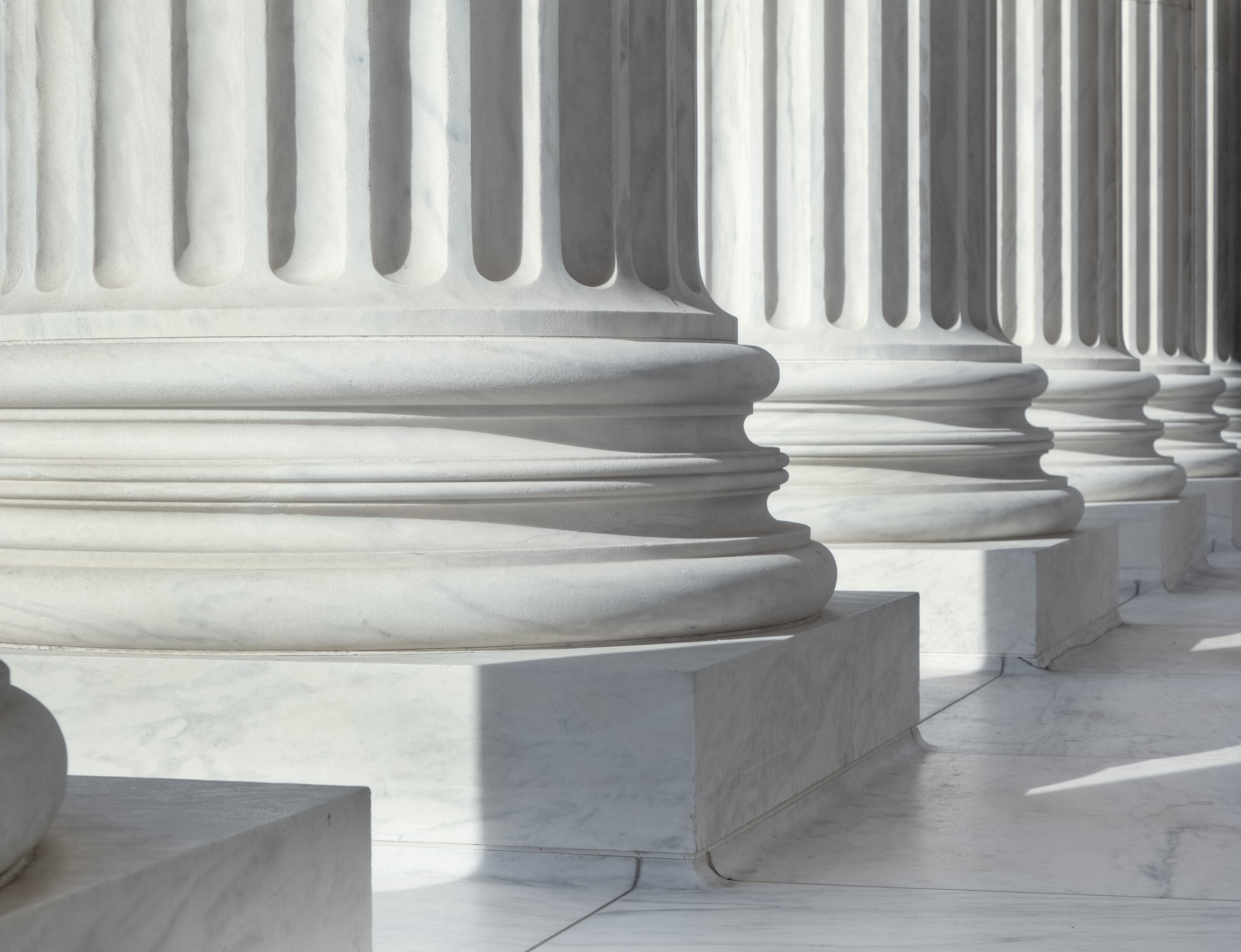ICYMI: CBA’s Johnson Discusses CFPB, Key Policy Issues Facing Retail Banks

Consumer Bankers Association (CBA) President and CEO Lindsey Johnson sat down with Capitol Account for a conversation about the direction of the Consumer Financial Protection Bureau (CFPB) and pressing policy issues facing the industry today, from credit card late fees to Section 1071, fraud, and more. The interview appeared in the outlet’s trademark “Friday Q&A” and comes ahead of Johnson’s one-year anniversary at CBA next month.
Read excerpts from the interview below and the full conversation by clicking HERE.
On working with CFPB Director Chopra despite different views
“Things were slow in the beginning […] About five days before our annual conference, CBA LIVE, he agreed to meet with us. And we were thrilled. He took time. He walked around our conference room floor, he walked around the exhibit floor and met with individuals and bankers. They were delighted to share their thoughts and experiences with him.”
“Banks are the largest segment that his agency was created to regulate. […] It is a responsibility that he has, to sit down with the industry – he and his team – to continue to have that open dialogue. There's no way we can get to the best rules for consumers and for the industry unless we have that dialogue.”
Dive Deeper: CFPB Director Chopra joined Johnson for a fireside chat at CBA LIVE 2023. To learn more about their conversation, click HERE.
On the politicization of rulemaking and the CFPB’s misguided “junk fee” campaign
“Take something like the credit card late fee proposal, which feels very political. You had the president get up and say, we're going to do this, and really presuppose this rule before the ink was dry on the draft. We found out about it after the consumer groups. And after [the administration] started to go out to the press and talk about it. That's really concerning.”
“Nobody likes junk. When you lump the fees that banks charge, which are highly, highly regulated…and very transparent to the consumer, with fees that are charged by Ticketmaster, it does make people [in the industry] cringe. It makes people very frustrated, because that's very disingenuous.”
Dive Deeper: To read Johnson’s statement following President Biden’s State of the Union address, which mischaracterized clearly disclosed bank fees as “junk,” click HERE.
On how the CFPB’s credit card late fee proposal will harm consumers
“When you unpack it, consumers are going to have increased costs. They're going to have less competition in the market because some of the smaller players are going to have to exit. And we really have a concern about the consumers that are on the fringe who could lose access altogether. Those are bad outcomes…Also, the vast majority of cardholders that pay on time, they're going to see their rates increase.”
“Banks do not want to see consumers default. They do not want to see consumers consistently pay late. They want to make sure that consumers have access to credit…Banks and consumers do best when consumers pay on time. And there's a reason that the late fee exists. It incentivizes consumers to pay on time.”
Dive Deeper: In a recent blog, CBA distilled fact from fiction, underscoring how the Bureau’s misguided proposal will have significant consequences for consumers’ long-term financial health. To learn more, click HERE.
On the need for policymakers to work in tandem with banks to stop fraud
“Anybody who peaks behind the curtain and understands how much banks are spending – resources, time, energy – educating consumers on combating fraud, it’s eye-popping. We need the government, we need law enforcement in particular, to step in and help […] These are very sophisticated scams. And we've seen about a tripling of these crimes over the last two-and-a-half years. It's astounding.”
“[The CFPB] can use [money from its civil penalty fund] for consumer education. Part of that education needs to be on fraud prevention, needs to be helping [people] avoid scams.”
Dive Deeper: During the CFPB’s Semi-Annual report to Congress last week, lawmakers on both sides of the aisle joined CBA’s call for the Bureau to be part of a whole-of-government investment in consumer education initiatives focused on scam identification and prevention. To learn more, click HERE.
On next steps in the Section 1071 rulemaking process
“There have been some lawsuits from other organizations. I can understand why. When I'm talking to the largest banks in the country, they talk about the systems they're going to have to buy, or develop, to actually be able to do this. And how complicated it is.[…] Our focus is the implementation period. We're asking for 36 months. We think that that is going to be necessary – for even the largest banks.”
“We're going to provide [Director Chopra with data] on exactly what it takes for a bank to implement this rule. The systems that will be required, how they're going to either have to purchase or develop these new systems. The team requirements, all the different departments that are going to have to be looped into this data request. What's going to be required of small businesses and how that's going to look. And remember, the CFPB is going to be ingesting all of this data. They're going to need time as well.”
Dive Deeper: To read Johnson’s statement after the CFPB issued a final Section 1071 rule in March, click HERE. To learn more about CBA’s longstanding advocacy efforts to strengthen the CFPB’s proposed implementation, click HERE. To watch a recording of an expert-led panel at CBA LIVE entitled “Mapping Out Section 1071,” click HERE.



